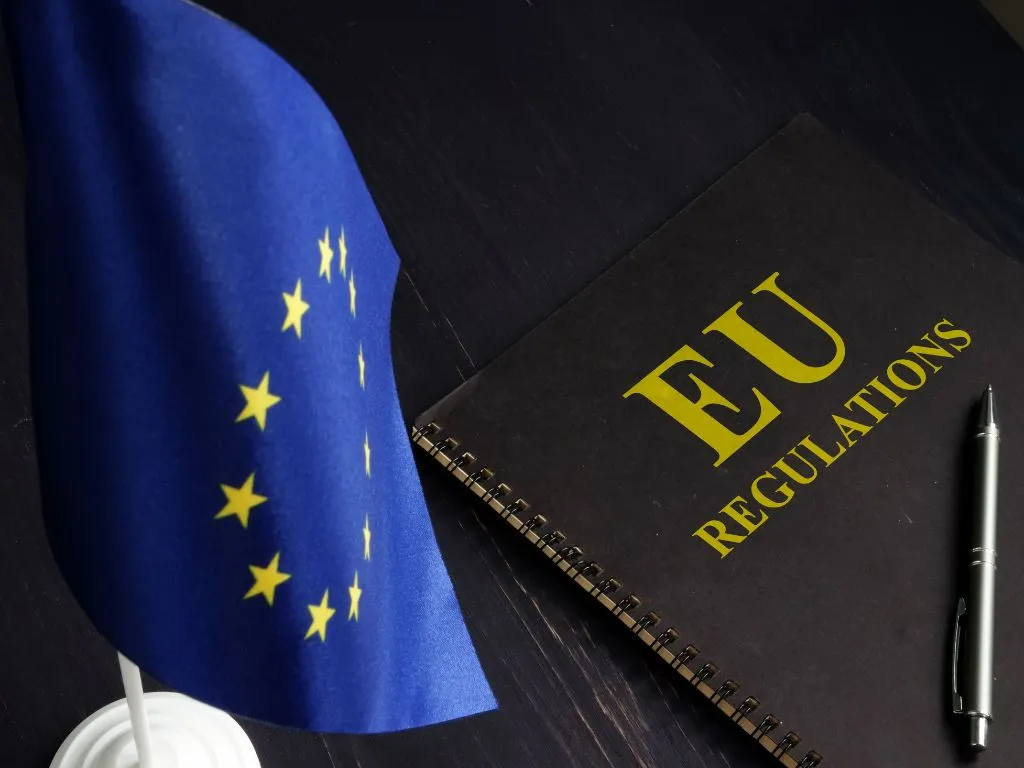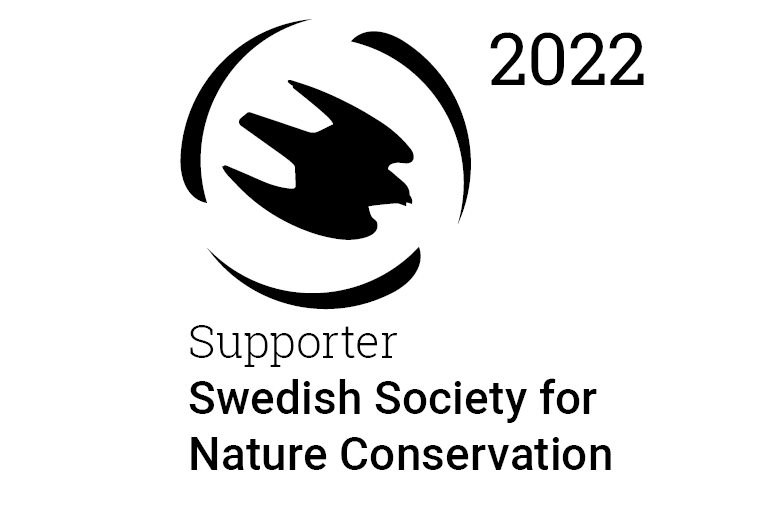News Details

ECHA: No possibility for SCIP and the AskREACH consumer app to align
The Waste Framework Directive's database (WFD) for information on substances of concern in articles as such or in complex objects (products) is known as Substances of Concern In Products (SCIP). As of January 5, 2021, businesses who provide goods with Substances of Very High Concern (SVHCs) on the Candidate List in a concentration greater than 0.1% weight by weight (w/w) to the EU market must provide the European Chemicals Agency (ECHA) with information on those products. Over a product's entire lifespan, even when it is in the disposal stage, the SCIP database makes sure that information on items containing chemicals on the Candidate List is accessible. The database's data is subsequently made available to waste management professionals and end users.
The German Environment Agency and 20 additional partners from 13 EU member states launched the AskREACH project in 2017. Its objective was to improve supplier and customer understanding of and communication regarding SVHCs. The EU amended the WFD a year later and opted to launch the SCIP database. As it was being developed, ECHA and AskREACH frequently discussed a potential alignment or shared entry format for the two systems. These programs aimed to broaden the dissemination of information regarding SVHCs to garbage operators, consumers, and other supply chain users. n. Since, for instance, SCIP utilises different identities [for chemicals and articles], the alignment of SCIP and the AskREACH consumer app was discovered to be impractical.
On January 25, 2023, the AskREACH final conference was held in Brussels. High-level speakers brought up the necessity for Art. 33's implementation and the requirement that products made and sold in Europe be safe for both the environment and consumers.
The conference also heard repeated requests from NGOs and authorities for the Commission to shorten the period of time that businesses have to respond to requests for information on SVHCs in articles, as required by REACH Article 33. This mandates that anybody selling items that contain more than 0.1% of an SVHC by weight must warn their clients and offer usage tips within 45 days of doing so.
The obligations and goals of the Article 33. are not being met, according to representatives from business and NGOs. Participants at the conference attributed this to a lack of knowledge about customers' rights and duties among consumers, retailers, and suppliers, as well as consumer challenges with requests and suppliers' poor, incorrect, or non-responsive responses. The AskREACH project has proposed several measures to the Commission to strengthen Article 33, including: requiring businesses to respond to consumer inquiries even when the article contains no SVHCs > 0.1%, or an obligation to always inform consumers; defining who is responsible for providing SVHC information in cases of online trade, for example, by amending REACH's definition of "supplier;"
Nevertheless, members of the AskREACH initiative reminded the conference that in order for suppliers to properly respond to customers, they must have a working supply chain communication system in accordance with Article 33(1) and be ready for the requests.
We acknowledge that the above information has been compiled from Europe.


